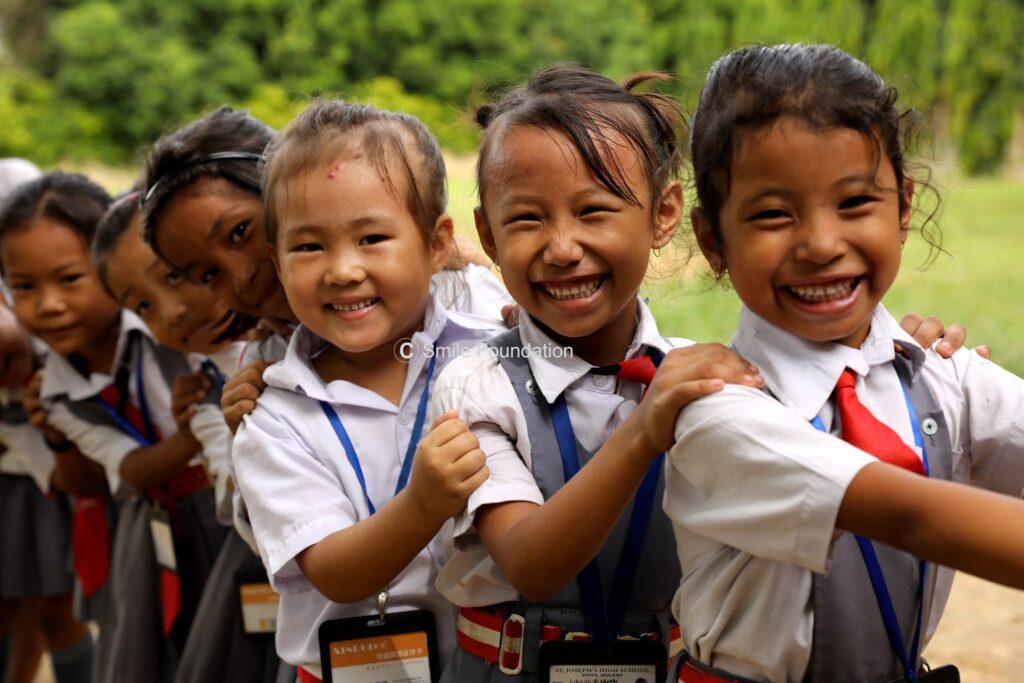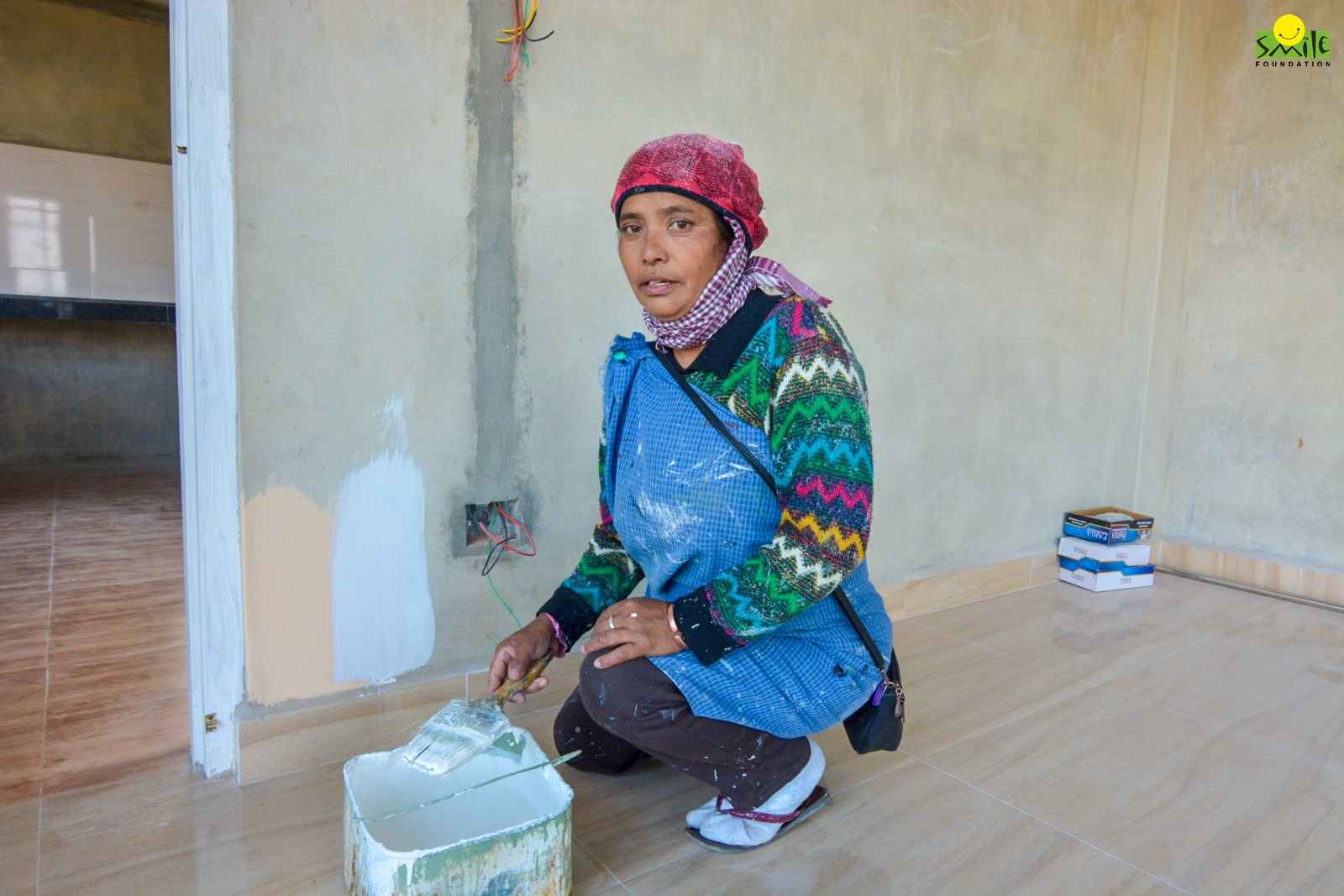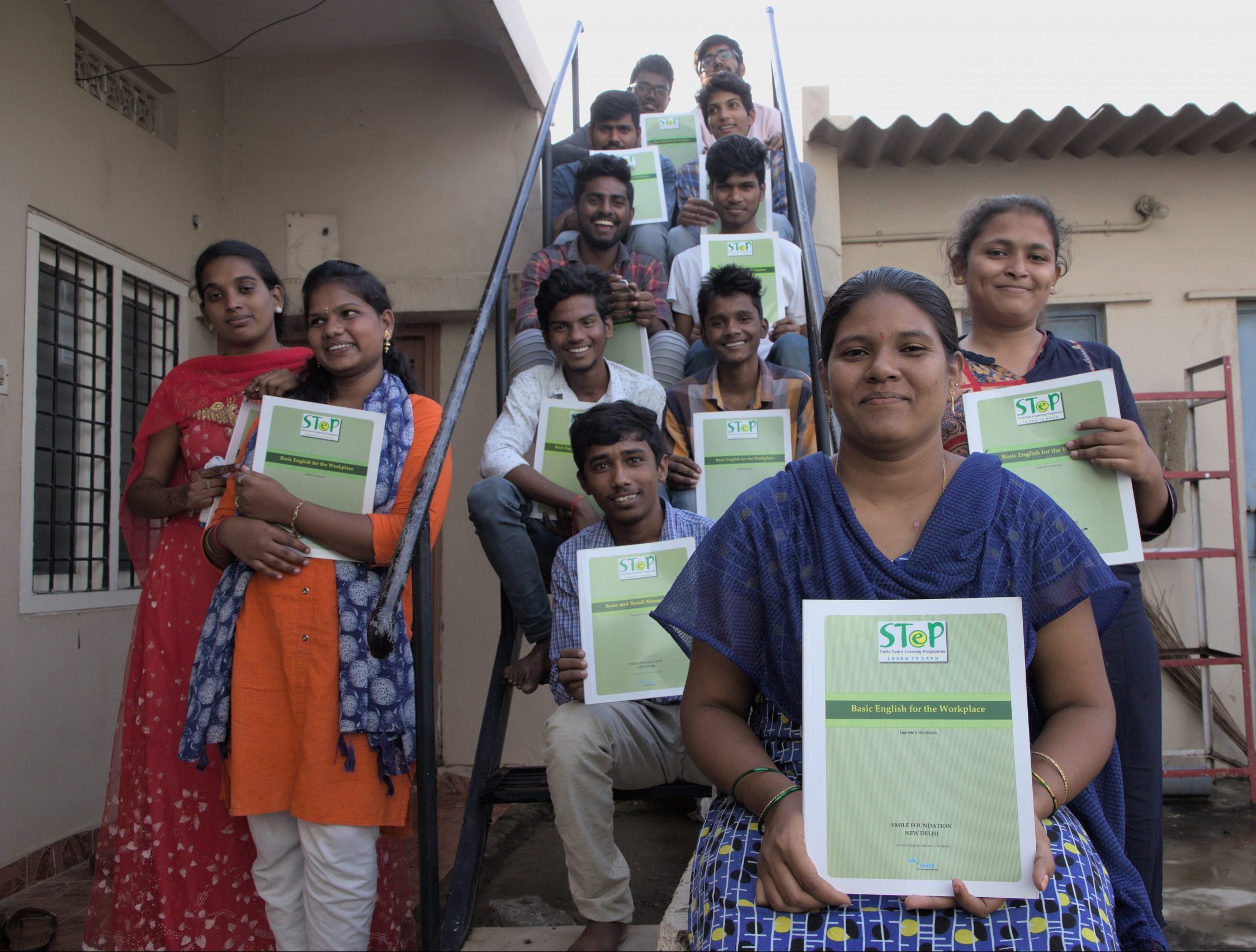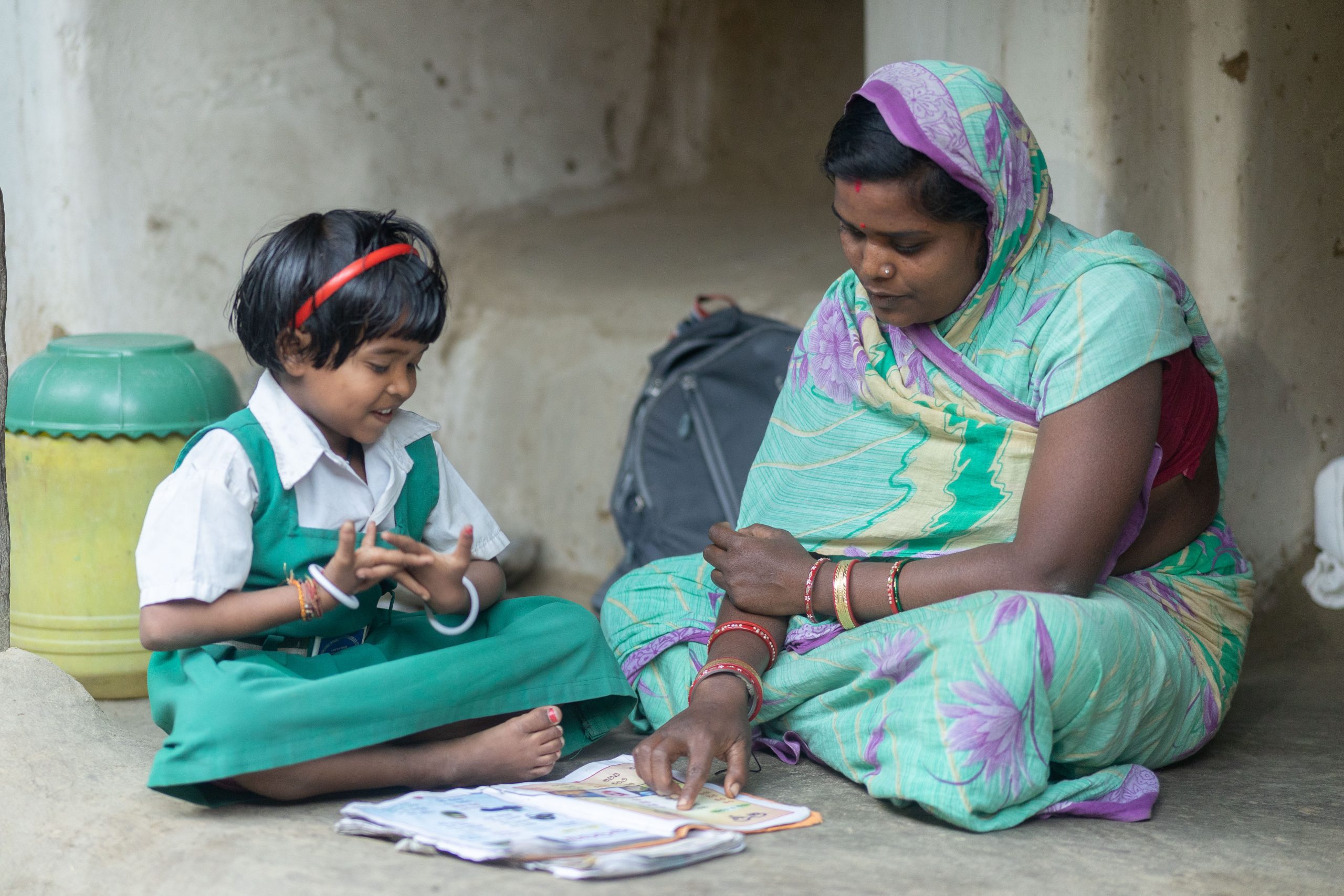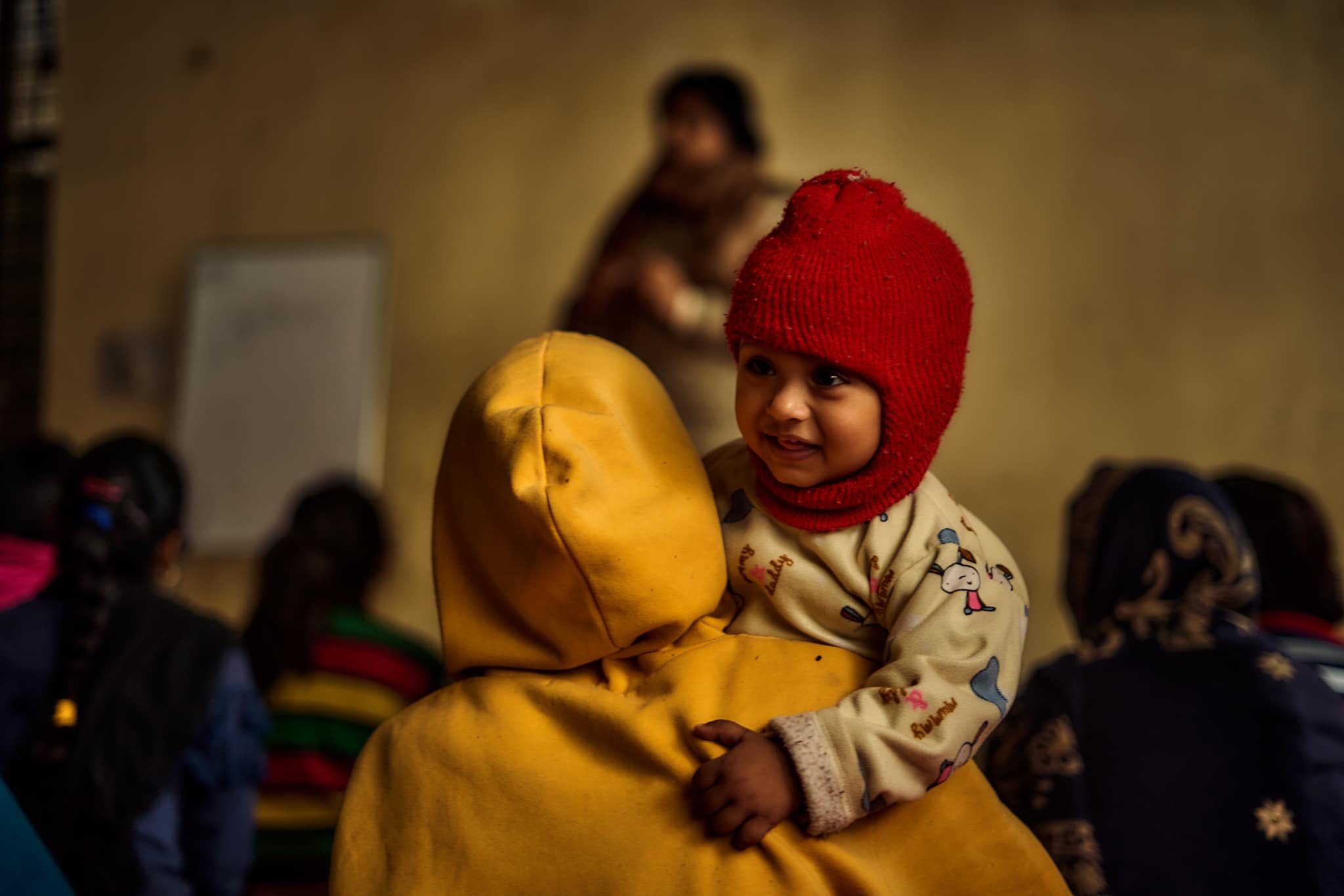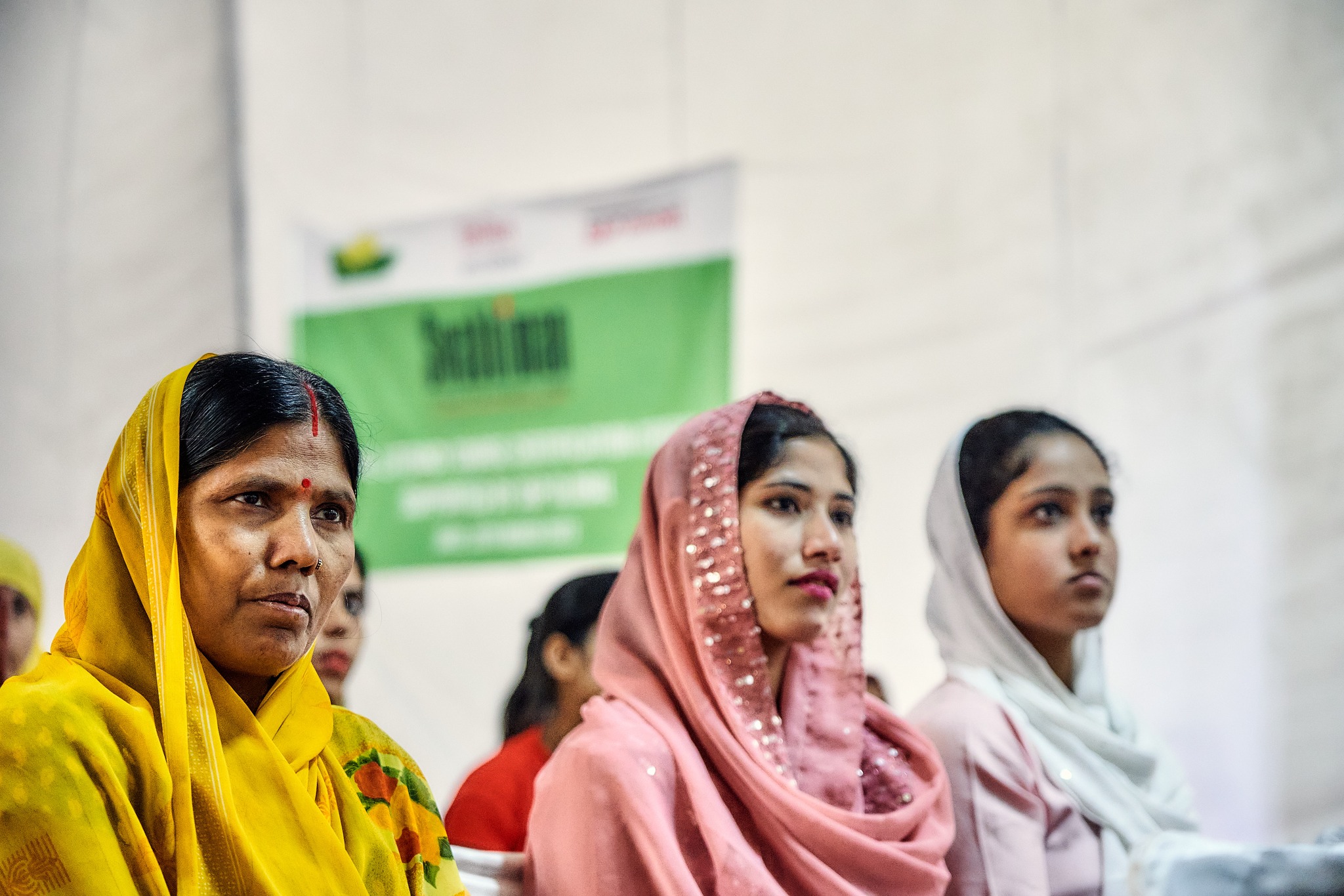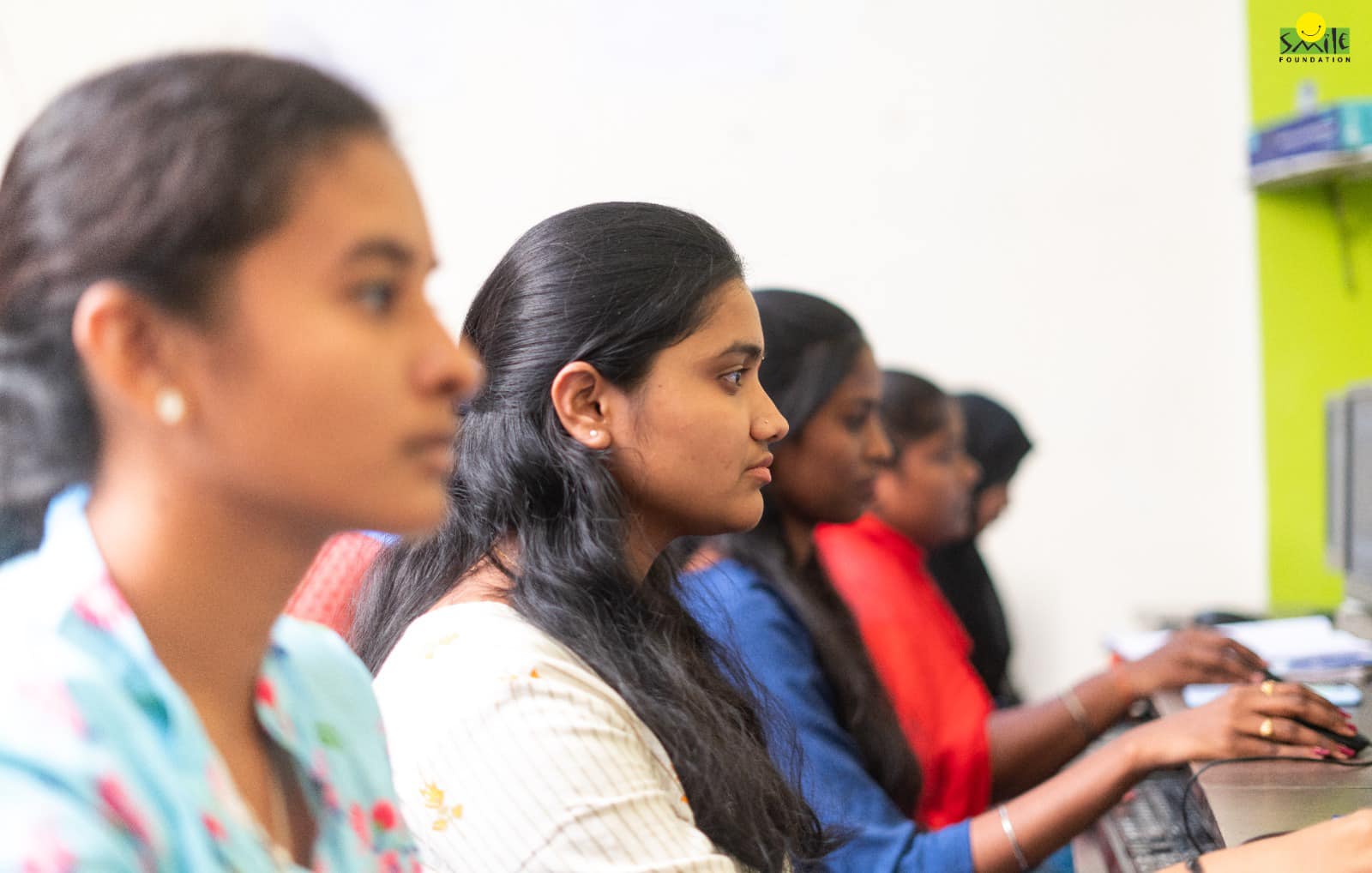As the third wave of the COVID pandemic looms over us, the reopening of schools has become a bone of contention among all involved parties. A number of states have been discussing the possibility of opening schools for primary or secondary classes or both.
Some state governments have opened up the discussion to teachers and parents. Others say that schools will be remain shut till everyone is vaccinated, but it is not clear if this includes children as there is no approved vaccine for children yet. Let us look at what various stakeholders say.
Scientists speak
The scientific community across the globe largely appears to be in favour of reopening schools. It is worth noting that schools in more than 170 countries have opened up. In fact, some countries such as France and Netherlands did not shut down schools even at the peak of the pandemic, or did so for a very brief period.
The Indian Council of Medical Research (ICMR) chief, Balram Bhargava, recently announced that it might be good idea to reopen primary schools before secondary schools in India. The reason for this is that children handle viral infections much better than adults do. It is possible for children to get infected with the coronavirus. However, they do not have sufficiently developed receptors in their lungs through the virus enters the body to make you sick. A child with co-morbidities is at a comparatively higher risk than a healthy child.
Moreover, sero-surveys reveal that more than 50% of children have antibodies against the coronavirus, indicating that they have already been infected at some point without any significant symptoms or complications.
Scientists suggest that it is safe for children to go to school provided that the support staff, drivers, and teachers are vaccinated.
What teachers say
Many teachers are concerned about the online mode of teaching and examinations. Many principals have said that they are willing to open their schools. There are many considerations that go behind this.
Online teaching is not something that all school-going children have access to. If we think about the vulnerable and low-income families, there many that do not have a smartphone, laptop, or Internet access. Even if they do, it is likely that a single device is being shared by the entire family, and the parents need to take the phone when they step out of the house. For students who do have resources to attend online classes, it has not been the same as attending regular classes. The cancellation of examinations and promotion to the next class has only pulled down the already dismal education standards.
The children enrolled under the RTE policy in elite private schools are also facing a similar problem. While their classmates have access to facilities that can ensure uninterrupted education at home, these children from low-income families do not.
Teachers in many backward regions have made the effort to go to students’ homes to teach them. Another alternative is holding cluster classes, as is being done under Smile Foundation’s Shiksha Na Ruke campaign.
Concern of parents
As far as coronavirus is concerned, there has been a mountain of information as well as misinformation that is being circulated. There is new research coming in every day, and also a variety of opinions that follow.
Some evidences suggest that the impending third wave will affect children much more than adults. Additionally, circulation of wrong facts on social media and through WhatsApp has added to the concern of parents as even they are not sure what would be the outcome of sending children to school.
On the other hand, there are lower income families for whom it is difficult to hire help to take care of children. In such families, the parents have to take out time from their work schedules to ensure their child attends online classes. This added responsibility usually falls on the mother. If we think about the economic value of the time spent by them (not the middle class and above, where 89% of the women do not work but the lower middle class and below) in facilitating online schooling and compensated for the loss of productive time, the government might have opened the schools.
What critics and experts say on reopening of schools
As per UNESCO data, the number of out-of-school children is set to double after the prolonged COVID-induced closure of schools. The NSSO 2017-18 household survey had estimated the number of out-of-school children in India (6–17 years) at 3.22 crore. It is a tragedy that most of these children may never return to school.
Experts and task forces, scientific advisors and educators, all agree that the reopening of schools is a must. Those in favour of reopening schools cite massive loss of learning which outweighs any benefits gained from a shutdown. Moreover, the losses incurred by smaller private schools has led to closing down of thousands of them, leaving all their teachers unemployed.
Critics of reopening the schools say that this may be a bid by private schools to get back to pre-pandemic business as usual.
It now remains to be seen what the government will finally decide and how this will impact the fate of children.



